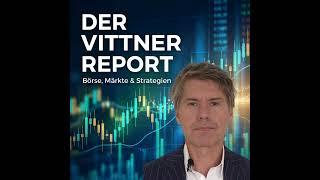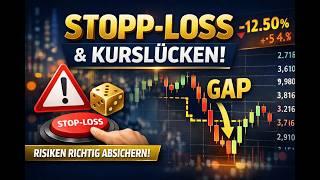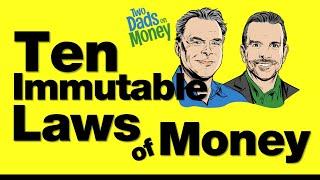| The gates of hell??? – Global Macro Update Today I spoke with Louis Gave, CEO of Gavekal Research. We discussed inflation, interest rates, China, and Europe plus what specific actions investors can take to protect their portfolios today and beyond. In this edition you’ll hear Louis and me discuss: - Why Europe could be heading into a serious political crisis over the next 6 months… - Why inflation is highly unlikely to return to 2%... - Why parts of the world are quietly de-dollarizing and what that means for the USD… - How increasingly constrained fiscal policy and misguided energy policies could deliver us to “the gates of hell”... - Why the Fed’s quantitative tightening has been so underwhelming… - What surprising two sectors could become the new antifragile assets in investor portfolios… To learn more about Louis Gave click here: https://research.gavekal.com/author/louis-vincent-gave/ Did you like this interview? If so, you should learn more about Thoughts from the Frontline from Mauldin Economics—where you will receive in-depth weekly dispatches to help you understand what's happening in the economy and navigate the markets with confidence. Click the link to sign up: https://www.mauldineconomics.com/go/JM003Z2/MEC —------------------------------------------------------------------------------------------ 0:48 - Introduction 1:37 - The Fed action the media rarely talks about 2:14 - The effect of quantitative tightening 3:05 - The Fed’s surprising timeline 4:03 - What’s different between 1970’s-style inflation and now 4:46 - The Bank of Japan’s trailblazing economic policies 6:04 - What’s behind yield curve controls 7:42 - Inflation in Japan relative to the US and Europe 8:44 - Inflation in Asia 9:03 - The real cause of inflation 9:16 - The effects and roots of deglobalization 9:52 - Japan’s quietly importing energy from Russia 10:56 - Japan’s fiscal response to COVID 11:23 - The lasting financial effects of COVID-era policies 11:47 - The policy choices of deglobalization 12:14 - The moment deglobalization began 12:48 - The effects of Huawei 13:52 - Did China plan on decoupling? 14:09 - The weaponization of the semiconductor industry 15:05 - Why CapExs are going down 16:33 - Why companies are leaving China 17:35 - Why inflation won’t drop below 2% 18:34 - Why inflation isn't a bug but a feature of government policy 19:06 - The effects of inflationary psychology 20:41 - Inflation’s tendency to accelerate 21:56 - Why we’re already in an energy crisis 22:53 - Europe’s extreme energy vulnerability 23:35 - The political crisis coming to Europe 24:24 - We’re ending up at the gates of hell 25:31 - Even more supply chain disruptions 26:46 - Europe’s best option in the coming winter 27:36 - The weakening Euro 28:19 - The two surprising sectors set to soar 29:53 - The new antifragile assets 31:06 - How to protect your portfolio now 32:45 - Where you should put 25% of your portfolio 34:06 - Why big swaths of the world are de-dollarizing 34:56 - The long-term fate of the US dollar 36:08 - Emerging markets in the crisis |
Tags: Featured





































25 pings
Skip to comment form ↓